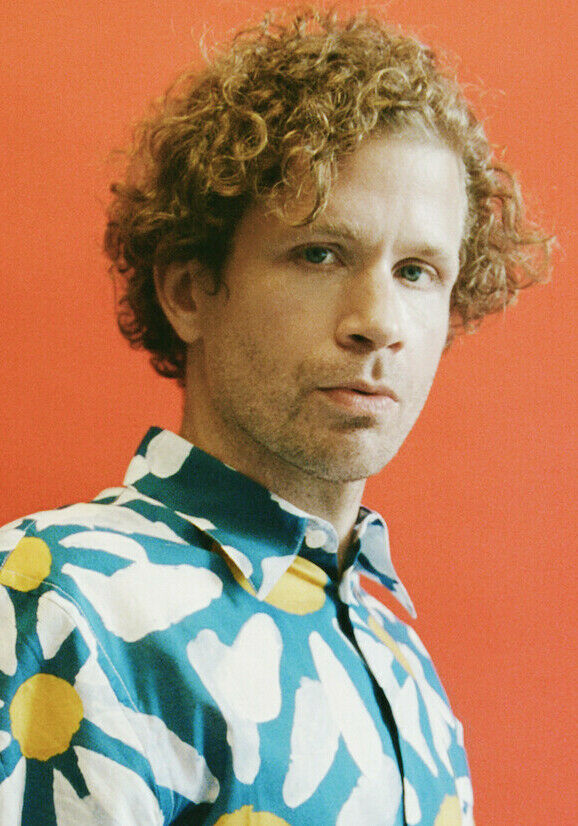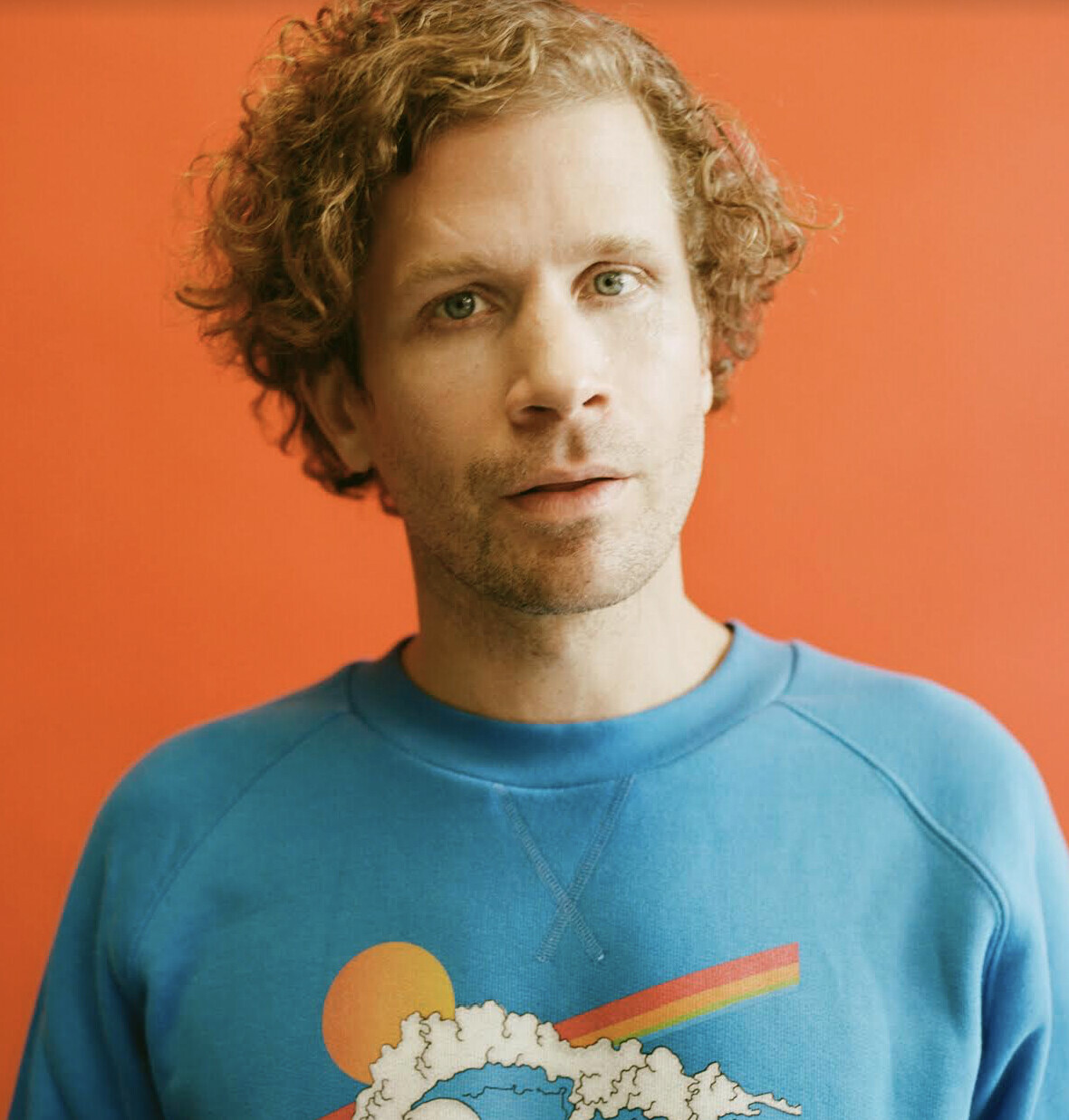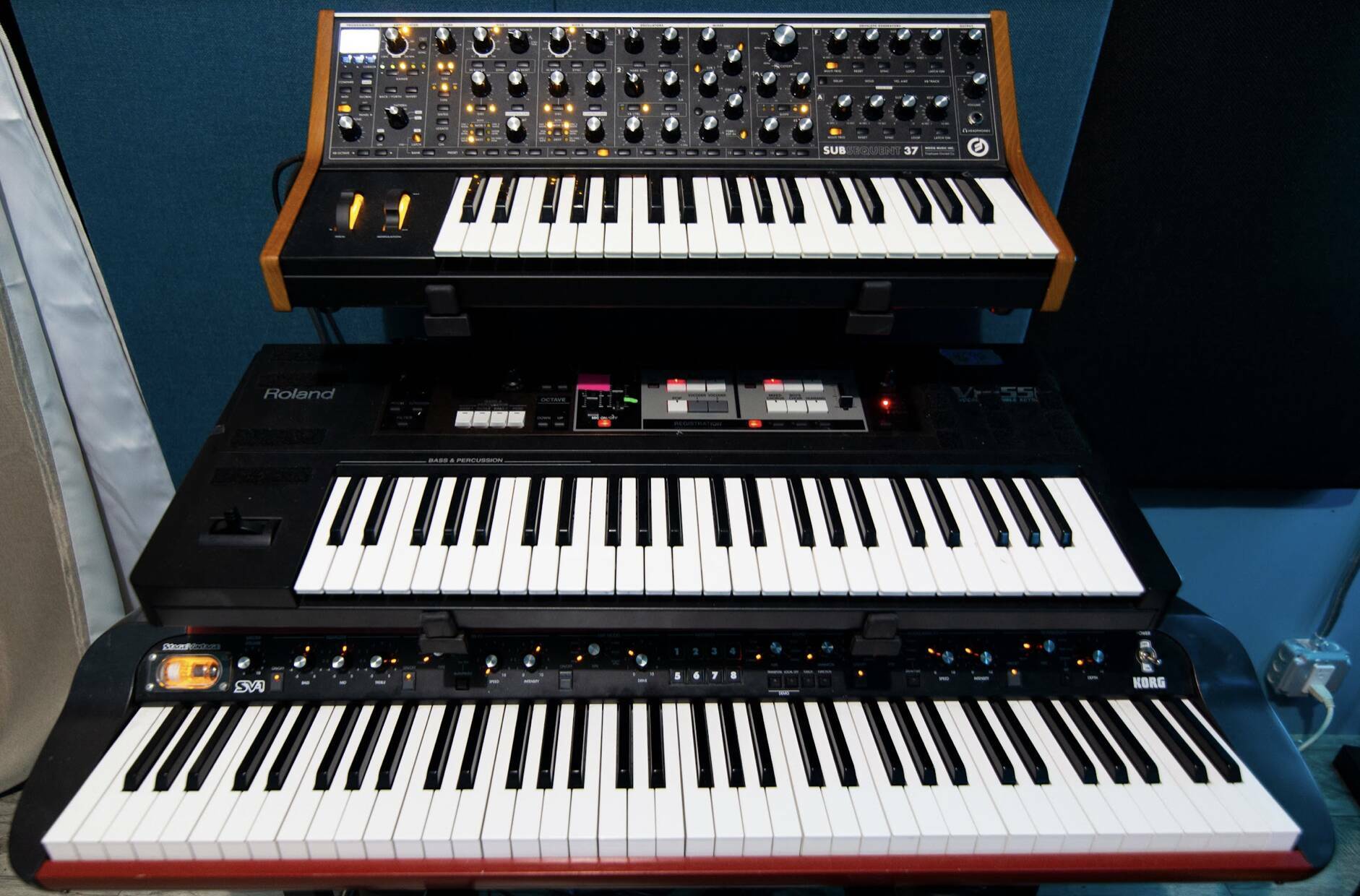On March 17, Pete Dougherty, perhaps better known as Moon Boots, releases his third studio album Ride Away. Headliner sat down with the DJ, producer and keyboardist to talk creativity, the art of collaboration, and how he arrived at where he is today…
Featuring an array of collaborators old and new, including the likes of Nic Hanson, Black Gatsby, Steven Klavier, and Cherry Glazerr, Ride Away sees Moon Boots stretching his creative legs to the fullest. His signature clubby sound sits as ever at front and centre of proceedings, but the variety of collaborators pushes and pulls its 10 tracks in ever new and intriguing directions. One such example can be found on single Come Back Around with Cherry Glazerr. On the surface, the alt rock LA outfit aren’t the most obvious candidates for a collaboration on such a track, yet singer Clementine Creevy’s vocals have never sounded more at home.
In essence, Ride Away is a record that draws elements from Dougherty’s first two albums First Landing (2017) and Bimini Road (2019), as well as his many years spent as a gigging DJ, and fashions them into something new yet every inch a Moon Boots record.
To find out more, Dougherty joined Headliner over Zoom from his New York studio to discuss the origins of Ride Away, his upcoming tour, and the influences that have shaped him as an artist…
When did work on this record first begin? And how did you balance it with a busy DJing diary?
Well, it wasn’t that hard to side line the other stuff because there wasn’t anything happening! When I started working on it, it was the beginning of 2021. I released my second album in 2019 and I was touring that before the pandemic hit. The albums are a chance for me to explore a lot of different genres and styles and moods. So in early 2021 I started working on Ride Away. It was a long process and up to this point I have tended to be a perfectionist in the studio, but now I am a dad I’m going to try not to do that too much! It’s not really feasible.
I worked with a number of collaborators, some of which I have worked with in the past who are friends at this point. People like Nic Hanson, Black Gatsby, Steven Klavier. And I brought in some new people, like Ross Clark who is a really amazing guitarist and plays in the band St. Lucia.
Where did you record the album? And what’s your process for starting a project like this?
I have a studio where I have all my gear setup. I start by making dozens of instrumentals over months and I’ll take my favourite ones and start developing them. Then if a friend is coming into town, I’ll play them a bunch and we’ll start a session. Sometimes it’ll start with a phrase they have that will turn into a lyric and then it grows from there. Working with vocalists, the ideas tend to come quickly, and the best ideas usually happen pretty early on. Generally, you have to strike while the iron’s hot. Once the bones of the song are there, I usually try to mess around with the beat and instrumentation and add different things. If we need to do another session then it’s usually a matter of redoing backing vocals or doing little things to sweeten it. Those are the basics of how it works.





